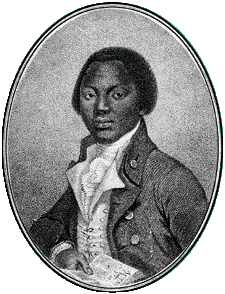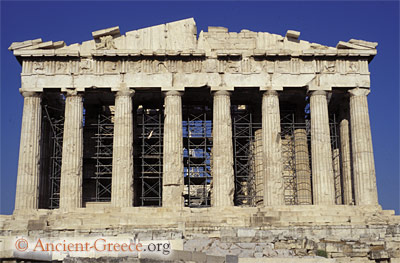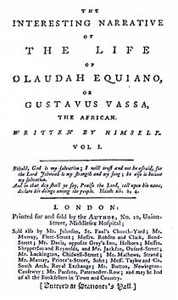Here is a review of what we learned in Chapter 2 of
African American History.Section 1:
The Atlantic slave trade has its origins in Western Europe’s expansion that began in the 15th century
When Portuguese travelers arrived in West Africa, they found a thriving slave trade, fuelled by demand for slaves in Muslim countries
Europeans became new consumers in the trade
The cultivation of sugar in the new world provided an important stimulus for the rapid expansion of the slave trade between Africa and the Americas
Section 2:
Many of the Africans who were shipped to the Americas were enslaved as a result of the warfare that accompanied the formation of West African States
Captured slaves were marched to coastal factories where they were [processed before transportation to the Americas
Conditions on board slavers were horrible and many slaves died during the long voyage, most from disease
In addition, female slaves were subject to the sexual predation of sailors. Slaves frequently rebelled or committed suicide, taking one last opportunity to control their own fate.
Section 3:
As slaves ships arrived at their destinations, crews prepared their human cargo for sale, doing what they could to make the slaves look as strong and healthy as possible
Once sold, slaves were assigned to work in gangs and endured seasoning, a disciplinary process designed to turn them into compliant and effective laborersDespite the best efforts of planters, slaves were not completely de-socialized by transportation and seasoning. They retained elements of their culture and reinforced these elements through the building of relationships with their fellow slaves



















